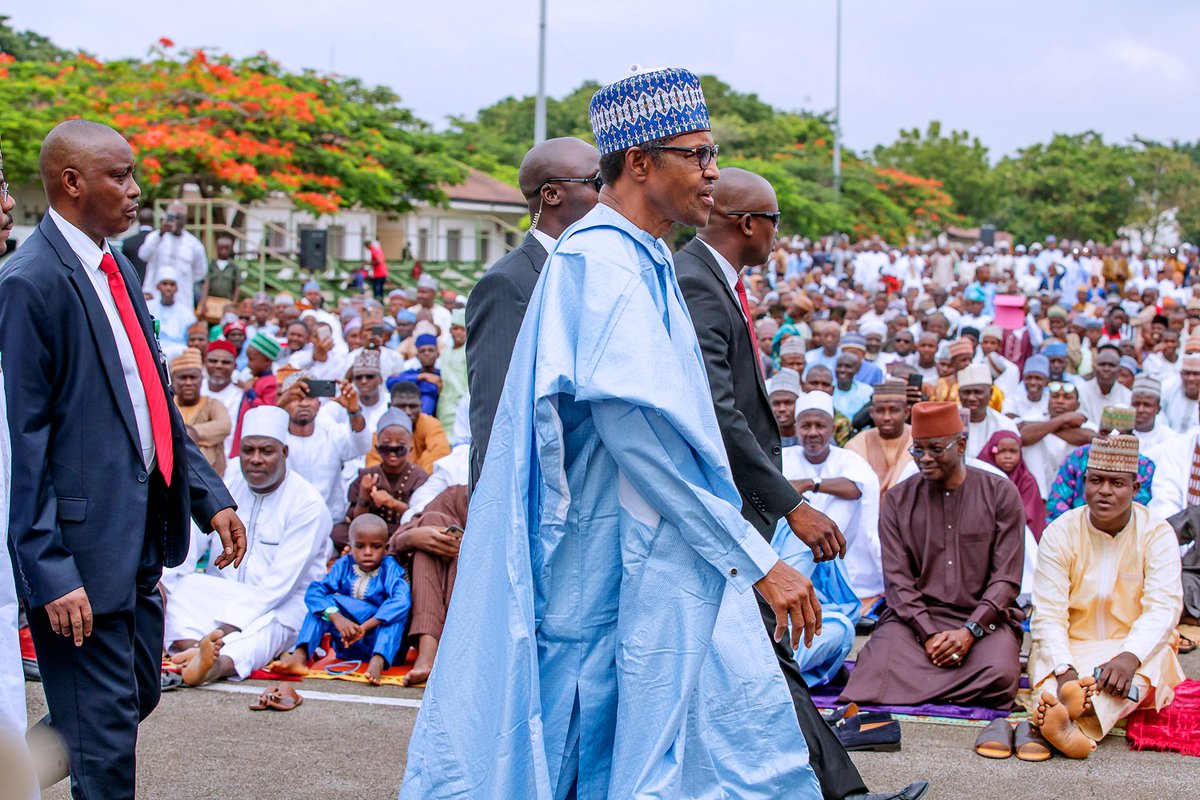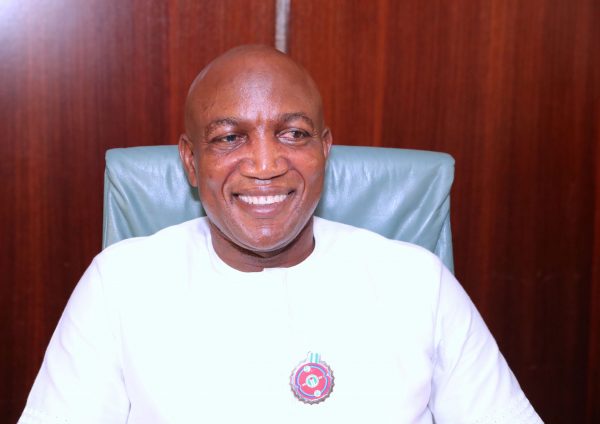Abuja, Oct. 11, 2023: The International Monetary Fund (IMF) says global growth is forecast to slow from 3.5 per cent in 2022 to 3.0 per cent in 2023 and 2.9 per cent in 2024.
This is according to the IMF’s latest World Economic Outlook (WEO) Update Report for October 2023: “Navigating Global Divergences”, released on Tuesday at the World Bank Group/IMF 2023 Annual Meetings in Marrakesh, Morocco.
The report stated that the global recovery from the COVID-19 pandemic and Russia’s invasion of Ukraine remained slow and uneven.
“Inspite of the economic resilience earlier this year, with a reopening rebound and progress in reducing inflation from last year’s peaks, it is too soon to take comfort.
“Economic activity still falls short of its pre-pandemic path, especially in emerging markets and developing economies, and there are widening divergences among regions.”
The report said projections remained below the historical (2000–2019) average of 3.8 per cent, and the forecast for 2024 was down by 0.1 percentage point from the July 2023 update to the WEO.
It said for advanced economies, the expected slowdown was from 2.6 per cent in 2022 to 1.5 per cent in 2023 and 1.4 per cent in 2024,
“This is amid stronger-than-expected United States momentum but weaker-than-expected growth in the euro area.”
The report said emerging market and developing economies were projected to have their growth modestly decline, from 4.1 per cent in 2022 to 4.0 per cent in both 2023 and 2024.
“The forecast for 2024 was down by 0.1 percentage point in 2024, reflecting the property sector crisis in China.”
The report said forecasts for global growth over the medium term, at 3.1 per cent, were at their lowest in decades.
“Also prospects for countries to catch up to higher living standards are weak.”
It said global inflation is forecast to decline steadily, from 8.7 per cent in 2022 to 6.9 per cent in 2023 and 5.8 per cent in 2024.
“However, the forecasts for 2023 and 2024 are revised up by 0.1 percentage point and 0.6 percentage point, respectively, and inflation is not expected to return to target until 2025 in most cases.
The report said the risks to the outlook were more balanced than they were six months ago.
It said this was on account of the resolution of the United States debt ceiling tensions and Swiss and US authorities’ having acted decisively to contain financial turbulence.
“The likelihood of a hard landing has receded, but the balance of risks to global growth remains tilted to the downside.
“China’s property sector crisis could deepen, with global spillovers, particularly for commodity exporters.”
It said more climate and geopolitical shocks could cause additional food and energy price spikes.
“Intensifying geoeconomic fragmentation could constrain the flow of commodities across markets, causing additional price volatility and complicating the green transition.”
The report said amid rising debt service costs, more than half of low-income developing countries were in or at high risk of debt distress.
The report said central banks need to restore price stability while using policy tools to relieve potential financial stress when needed.
” Effective monetary policy frameworks and communication are vital for anchoring expectations and minimising the output costs of disinflation.
“Fiscal policymakers should rebuild budgetary room for manoeuvre and withdraw untargeted measures while protecting the vulnerable.
The report said that “Reforms to reduce structural impediments to growth by, among other things, encouraging labour market participation, would smooth the decline of inflation to target and facilitate debt reduction.”
The report said faster and more efficient multilateral coordination was needed on debt resolution to avoid debt distress.
“Cooperation is needed as well to mitigate the effects of climate change and speed the green transition, including by ensuring steady cross-border flows of the necessary minerals.”














